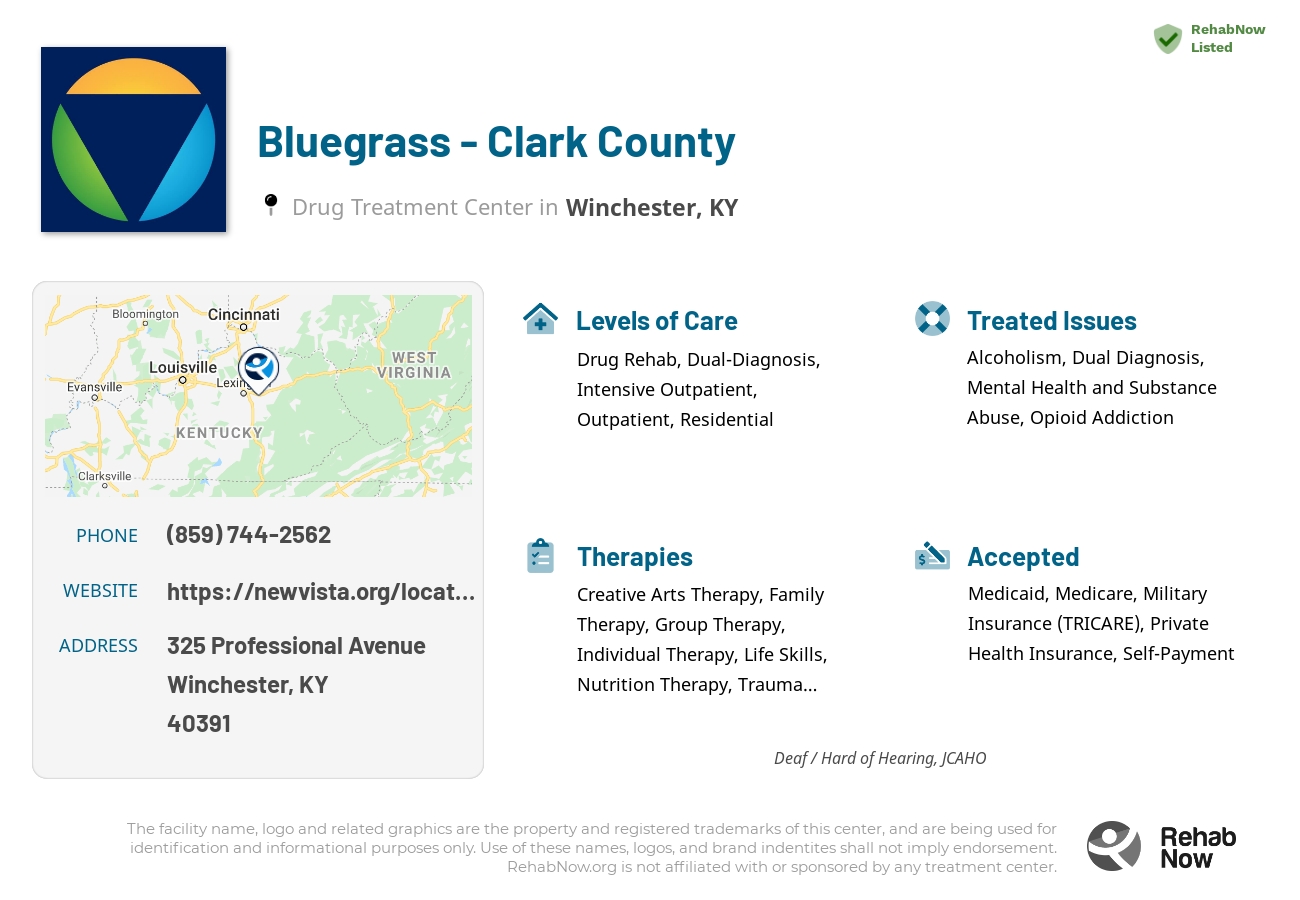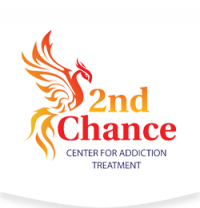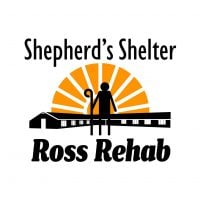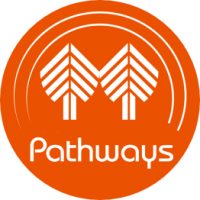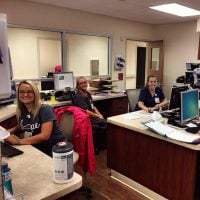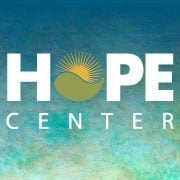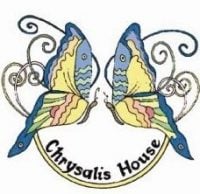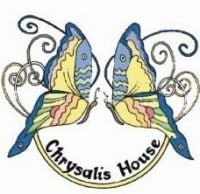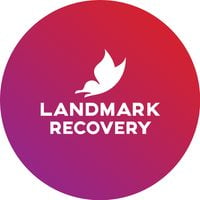Bluegrass - Clark County
Drug Rehab Center in Winchester, Kentucky
Bluegrass - Clark County is a comprehensive addiction and substance abuse treatment center in Winchester, Kentucky that offers a range of evidence-based treatments tailored to each individual's needs, and is accredited by the Commission on Accreditation of Rehabilitation Facilities.
About
Bluegrass - Clark County in Winchester, Kentucky is a comprehensive treatment center specializing in addiction and substance abuse recovery. Established in 1965, they strive to bring healing and hope to individuals, families, and communities suffering from the devastating effects of substance use disorder. The staff of Bluegrass - Clark County provide a variety of integrated services tailored to meet the individual needs of each client. This includes assessment, medically supervised detoxification, individualized treatment planning, inpatient treatment, medication assisted treatment, outpatient treatment, and extended care services.
Bluegrass - Clark County offers a range of evidence-based treatment options for those suffering from addiction and substance abuse. Their goal is to identify each person's unique needs and provide the most effective and supportive treatments available. Treatments may include Individual, Group, or Family Therapy, Medication Assisted Treatment, Cognitive Behavioral Therapy, 12-Step Recovery Programs, Moral Reconation Therapy, Transitional Living Programs, Trauma-Informed Therapies, interventions, and recovery coaching.
Bluegrass - Clark County is accredited by the Commission on Accreditation of Rehabilitation Facilities, and has been recognized for the quality of their care. In addition, Bluegrass - Clark County holds a CARF accreditation for its programs in continuing care services and inpatient rehabilitation. A wide range of additional services are offered by Bluegrass - Clark County, such as legal representation, alumni services, transitional housing, continuing care, and family support.
Genders
Ages
Modality
Additional
Accreditations

JCAHO
Conditions and Issues Treated
Within the past decade, opioid addiction has become a nationwide epidemic. The United States hosts one of the world’s highest rates of opioid use or abuse and has one of the highest rates of opioid-related deaths. In the United States, opioid drugs are classified as Schedule II-IV controlled substances due to their highly addictive properties and potential for abuse. These include morphine, opium, heroin, oxycodone, hydrocodone, methadone, and fentanyl. Physicians usually prescribe opioids to help control pain.
Over time, opioid users develop a tolerance for the drugs, which makes it difficult, if not impossible, to function without them. In turn, opioid users often resort to illicit means of obtaining the drugs. These means can include drug dealers, friends, and family members who do not have legitimate prescriptions for the drugs. Opioid addiction can quickly lead to heroin use, especially those seeking more intense highs than prescription opioids offer. Due to the high risk of overdose, heroin users are at a much higher risk for illness and death.
A person who struggles with addiction and a mental health condition suffers from a dual diagnosis. This means that they have two issues that must be treated. The specific mental health issues that the patient at Bluegrass - Clark County might have include but are not limited to:
- Depression
- Bipolar Disorder
- Anxiety
- PTSD (Post Traumatic Stress Disorder)
The specific addiction issues that the patient might have include but are not limited to:
- Alcoholism
- Drug Addiction (i.e., Cocaine, Meth, and other stimulants, Marijuana, and Ecstasy)
The combination of the two illnesses can be tough to treat. Taking care of one or the other is tough, and taking care of both cannot be done alone. A patient who receives dual diagnosis treatment will be given the best chance at becoming sober.
Levels of Care Offered
This center offers a variety of custom treatment tailored to individual recovery. Currently available are Drug Rehab, Dual-Diagnosis, Intensive Outpatient, Outpatient, Residential, with additional therapies available as listed below.
Intensive Outpatient Programs are similar to partial hospitalization, but they don’t require the patient to go home each night.
This means that while they have to attend meetings and receive other types of help at the facility, addicts are allowed to keep their jobs or continue with school without having to miss their classes or work opportunities. This is a great option for those who can’t take time away from their jobs or schedules to attend a treatment program.
During this type of program, the addict will be required to meet with counselors and other types of professionals throughout the day. This will help them stay on track and prevent them from relapsing after they leave the facility.
An outpatient treatment program is set up to help with alcohol or drug addiction or a co-occurring disorder. The treatment must attend the treatment facility for their therapy and other programs but return home each night. The frequency of mandatory attendance decreases after much of the treatment program is complete. The treatment programs are monitored by the treatment facility and case managers who work for a judge or judge’s office. A treatment program may be performed out of a treatment facility, treatment clinic, or treatment center.
The benefits of outpatient treatment programs are many. One of the most beneficial treatment programs is that it allows treatment for clients who cannot afford or may not be able to attend treatment at a treatment facility, treatment center, or treatment clinic full-time. Another benefit of treatment programs is that they reduce crime rates because treatment allows people to treat their addiction.
Residential treatment programs are those that offer housing and meals in addition to substance abuse treatment. Rehab facilities that offer residential treatment allow patients to focus solely on recovery, in an environment totally separate from their lives. Some rehab centers specialize in short-term residential treatment (a few days to a week or two), while others solely provide treatment on a long-term basis (several weeks to months). Some offer both, and tailor treatment to the patient’s individual requirements.
Therapies & Programs
Individualized Treatment is essential because it gives addicts the ability to participate in a program that meets their unique needs. An addict should work with professionals who understand what they’re going through, especially if the addict is actively using. Finding the right treatment program for an addict is difficult, but it’s even harder without communicating with those who have experience treating your specific situation.
The therapies typically involve all family members, potentially including siblings, children, and parents who play a role in their daily lives. These sessions can be essential because they address past issues that may have affected an addict or alcoholic’s recovery process. They provide support during this time when it is needed most!
A family therapy session, often called a family meeting or intervention, is a necessary process that helps loved ones of addicts see their situation in a new light. It’s also one of the most challenging things families will ever have to do when they’re facing a loved one battling addiction or alcoholism.
Group therapy sessions provide recovering addicts with a chance to cope with everyday situations that many face. Group therapy sessions are held in rehab facilities, clinics, churches or community centers that offer drug addiction treatment.
People who attend these groups are encouraged to voice their feelings and support other addicts in recovery. This helps group members strengthen their own recovery program while cheering on others who are struggling with sobriety.
Trauma therapy allows them to work through past trauma to have peace of mind and begin down the road of sobriety. The therapist will work with the individual to help them understand their past and present relationships. Patients may often believe that something is inherently wrong with them or they are unworthy of love. The therapist aims to correct these negative feelings and behaviors by helping the person realize that their actions do not reflect who they truly are.
Life skills training is beneficial for addicts in recovery because it helps them learn how to take care of themselves and improve their quality of life, which can promote feelings of purpose and motivation.
This works by teaching individuals life-enhancing skills that support positive living, including:
- Healthy lifestyle habits
- Skills to effectively manage stress
- Effective communication skills to help them get their needs met without turning to drugs or alcohol
- Money management and budgeting skills so they can continue to take care of themselves after treatment ends.
For people trying to kick their drug addiction, nutrition therapy at Bluegrass - Clark County is a great tool. Nutritional deficiencies gradually creep in, and before you know it, you’re facing health problems. It helps restore balance to the body, and for many addicts, it represents the first step on the road to recovery.
Nicotine replacement therapy was developed to help people quit smoking. It does so by providing small doses of nicotine that control cravings and break smoking habits.
NRTC products like skin patches and gum deliver low-dose nicotine that prevents cravings, making the transition from smoker to non-smoker easier.
Payment Options Accepted
For specific insurance or payment methods please contact us.
Is your insurance accepted?
Ask an expert, call (888) 674-0062
NEW VISTA Associated Centers
Discover treatment facilities under the same provider.
- New Vista - Schwartz Center Residential Treatment in Lexington, KY
- New Vista - Scott County Anchor Center in Georgetown, KY
- Bluegrass - Franklin County in Frankfort, KY
- Bluegrass - Roach street in Georgetown, KY
- Bluegrass - Estill County - Richmond Road in Irvine, KY
Learn More About NEW VISTA Centers
Additional Details
Specifics, location, and helpful extra information.
Winchester, Kentucky 40391 Phone Number(859) 744-2562 Meta DetailsUpdated November 25, 2023
Staff Verified
Patient Reviews
There are no reviews yet. Be the first one to write one.
Winchester, Kentucky Addiction Information
Kentucky ranks among the top ten states for opioid-related overdoses. Most of these are due to heroin, fentanyl, and prescription opioid use. A little over 11% of the Kentucky population abuses alcohol in a given year. More than 15% of Kentucky adults admit to participating in binge drinking every month.
The drug addiction problem in Winchester, Kentucky, is relatively severe. Around 9,000 people abuse drugs in the city. Most of these overdoses were caused by opioids, including prescription painkillers and heroin. Drug abuse is the leading cause of death in the area for people aged 25-34. 3 out of 4 people addicted started with prescription painkillers. Drug treatment in Winchester depends on the facility. Treatments include detoxification, therapy, and medication.
Treatment in Nearby Cities
- Morganfield, KY (204.2 mi.)
- Tompkinsville, KY (121.4 mi.)
- Hartford, KY (152.9 mi.)
- Crestwood, KY (72.8 mi.)
- Hopkinsville, KY (196.8 mi.)
Centers near Bluegrass - Clark County
The facility name, logo and brand are the property and registered trademarks of Bluegrass - Clark County, and are being used for identification and informational purposes only. Use of these names, logos and brands shall not imply endorsement. RehabNow.org is not affiliated with or sponsored by Bluegrass - Clark County.



